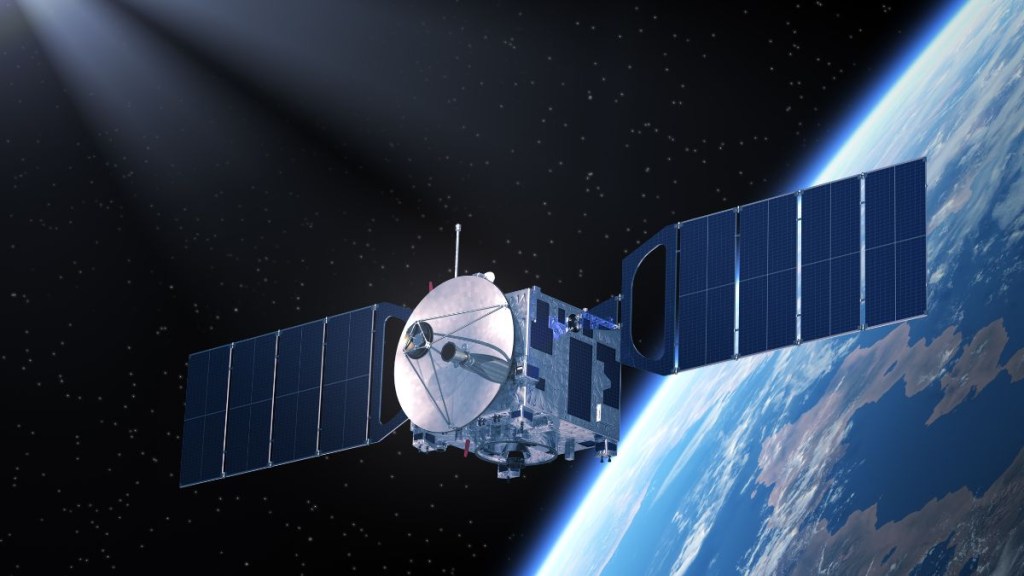Japan and the United States are gearing up to send the world’s first wooden satellite, the LingoSat probe, into space this summer.
Crafted from magnolia wood, renowned for its stability and resistance to cracks, the innovative spacecraft is a joint venture between Japanese scientists and their American counterparts. The decision to launch it atop a US rocket underscores the collaborative effort, as reported by The Guardian.
In a groundbreaking move aimed at combating the escalating problem of space debris, researchers from Kyoto University teamed up with Sumitomo Forestry, a logging company, to construct this timber satellite. Their ingenious solution replaces traditional metal components with biodegradable materials.
Highlighting the urgency of the issue, Takao Doi, a Japanese astronaut and aerospace engineer at Kyoto University, cautioned about the detrimental effects of existing satellites re-entering the Earth’s atmosphere, generating persistent aluminum particles that linger in the upper atmosphere for years, ultimately impacting the environment.
To confront this challenge, Kyoto researchers embarked on a project to assess various types of wood’s resilience to the demands of space travel. Initial laboratory tests simulated space conditions, revealing no notable changes in the wood samples’ mass or signs of decomposition or damage.
Koji Murata, the project’s leader, expressed astonishment at the wood’s durability under such extreme conditions.
The Significance
The significance of this development lies in the use of a biodegradable material, offering an environmentally friendly alternative to non-biodegradable counterparts that may face extinction within 2,000 years. This innovation sparks hope that even after the depletion of non-biodegradable resources, satellites and other technology can remain operational.
Recent findings from the University of British Columbia underscore the urgency of this shift. Aluminum from re-entering satellites poses a significant threat to the ozone layer, which shields the Earth from harmful ultraviolet radiation. Moreover, it could disrupt the amount of sunlight reaching the Earth’s surface. However, satellites constructed from wood, such as Lingosat, will mitigate these concerns by producing only biodegradable ash upon re-entry, minimizing environmental impact.

